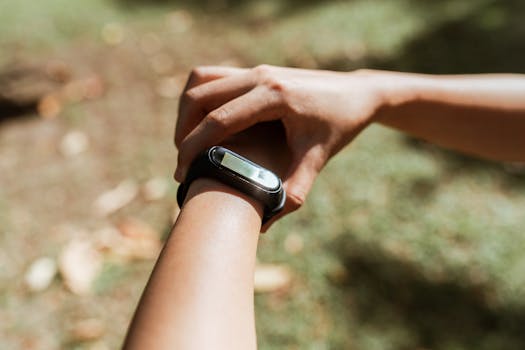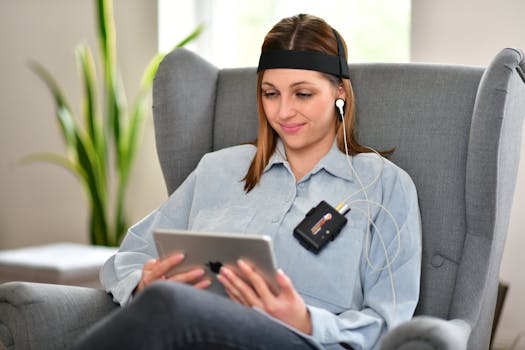
Table of Contents

- 1. Wearable Technology
- 2. Smart Home Devices
- 3. Health Technology
- 4. Virtual Reality Experiences
- 5. Conclusion
1. Wearable Technology

Wearable technology has become a staple in modern life, offering users the ability to track their health, fitness, and daily activities seamlessly. Devices such as smartwatches and fitness trackers provide real-time data on heart rate, sleep patterns, and physical activity, empowering individuals to make informed decisions about their health. The integration of artificial intelligence (AI) into these devices has further enhanced their capabilities, allowing for personalized health insights and recommendations.
For example, the latest smartwatches are equipped with ECG monitors, blood oxygen sensors, and even stress level assessments. This wealth of information not only helps users maintain their physical health but also encourages them to adopt a more active lifestyle. As wearable technology continues to evolve, we can expect even more sophisticated features that cater to our well-being and productivity.
2. Smart Home Devices

Smart home technology is revolutionizing the way we live, providing convenience, security, and energy efficiency. From smart thermostats that learn your heating preferences to intelligent lighting systems that adjust according to your mood, these devices are designed to enhance your home environment. Voice-activated assistants like Amazon Alexa and Google Assistant serve as the control center for your smart home, allowing you to manage devices, play music, and even set reminders with simple voice commands.
Moreover, smart appliances such as refrigerators that monitor food inventory and ovens that can be preheated remotely contribute to a more efficient lifestyle. The ability to control your home environment from your smartphone or tablet not only saves time but also helps reduce energy consumption, leading to a more sustainable way of living.
3. Health Technology

Health technology encompasses a wide range of innovations aimed at improving healthcare delivery and personal health management. Telemedicine platforms have gained immense popularity, allowing patients to consult with healthcare professionals from the comfort of their homes. This not only saves time but also makes healthcare more accessible, particularly for those living in remote areas.
Additionally, advanced health monitoring devices, such as continuous glucose monitors and smart inhalers, provide patients with real-time data on their health status. These technologies empower individuals to take charge of their health, track their progress, and communicate more effectively with their healthcare providers.
4. Virtual Reality Experiences

Virtual reality (VR) technology is transforming the way we experience entertainment, education, and even therapy. With VR headsets, users can immerse themselves in fully interactive environments, making it possible to travel to distant places, participate in virtual workouts, or engage in therapeutic sessions for mental health. This technology not only provides an escape from reality but also promotes physical activity and mental well-being.
For instance, VR fitness programs offer an engaging way to exercise, combining gaming and fitness to make workouts more enjoyable. As VR technology advances, we can anticipate even more innovative applications that enhance our lifestyle and well-being.




